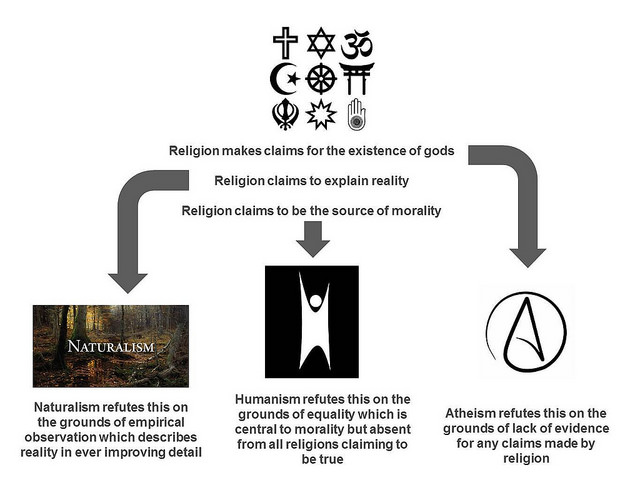What is Humanism?
Humanism is a rationalist outlook or system of thought that places prime importance on human matters as opposed to divine or supernatural concerns. It is an ethical and democratic approach affirming that humans have the right and responsibility to shape their own lives. In contemporary society, humanism is closely related to secularism, as both advocate for a non-theistic approach to life, using science instead of religious dogma to understand the world.
What is Secularism?
Secularism is defined as the “indifference to, or rejection or exclusion of, religion and religious considerations.” In politics, secularism refers to the separation of the state from religion, ensuring that religious groups do not interfere in state affairs and vice versa. Secularism allows people the freedom to practice their faith or beliefs and provides equality to all citizens, regardless of their religious beliefs or lack thereof.
Key Takeaways
- Humanism is a rationalist system of thought that places prime importance on human matters, whereas secularism refers to the principle of separation of the state from religious institutions.
- Both humanism and secularism indicate an exclusion or rejection of religion, but they have different focuses.
- While humanism emphasizes the value and agency of human beings and prefers rationalism and empiricism over the acceptance of superstition or dogma, secularism advocates that religion has no place in state affairs and that there should be a complete separation between religion and state matters.
